Marketing Concepts for Small Businesses (With 20+ Samples)
Shown below are samples of marketing documents for small businesses.
-
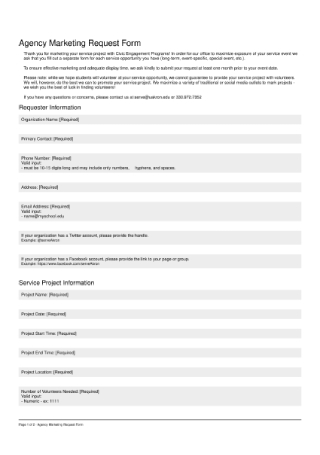
Agency Marketing Request Form
Ask clients about the campaign they want to run using this marketing request form.
-
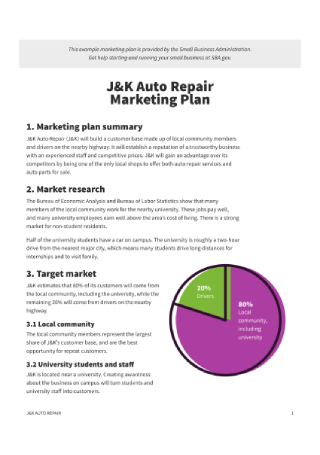
Auto Repair Marketing Plan
Formulate the right pricing and merchandising strategies through a marketing plan.
-

B2B Content Marketing
See how B2B content marketing can help your business grow with this sample.
-
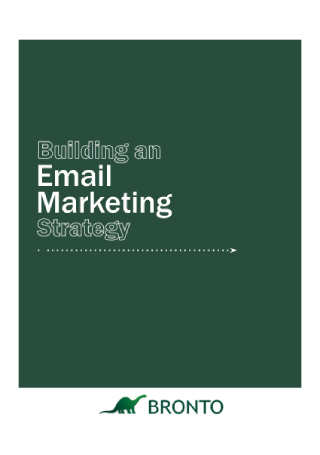
Building an Email Marketing Strategy
Connect with customers online by developing an email marketing strategy.
-

Content Marketing
Stimulate interest in your products or services through an engaging online material.
-
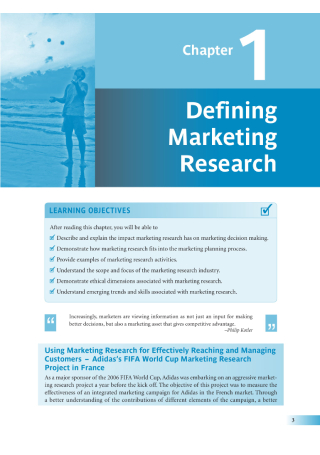
Defining Marketing Research
Get to know your audience by administering careful marketing research.
-

Digital Marketing Plan
Share the details of your strategies in a marketing plan.
-
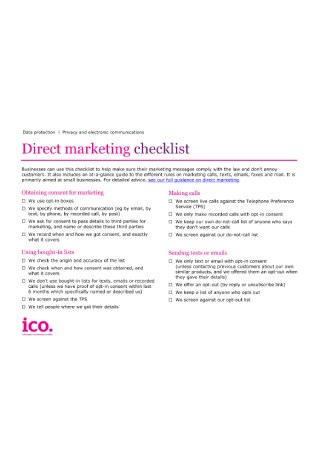
Direct Marketing Checklist
Highlight the key issues to consider in direct marketing with the use of a checklist.
-

E-Marketing Plan
Achieve marketing objectives with ease via an electronic medium known as an e-marketing plan.
-
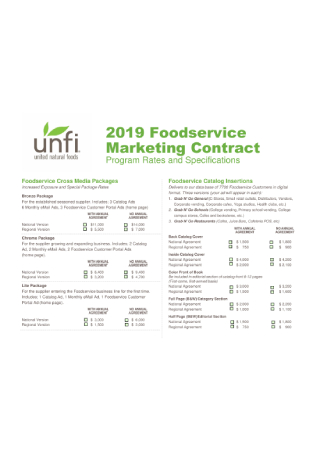
Foodservice Marketing Contract
Set the program rates and specifications of your marketing campaign with a contract.
-
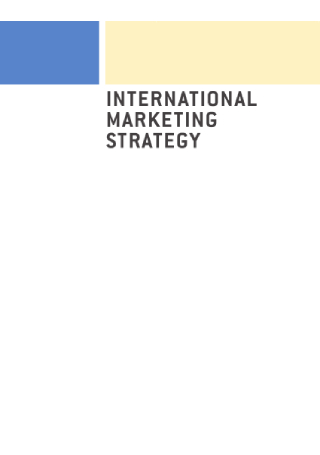
International Marketing Strategy
Adjust your marketing strategy to the global market with the help of this sample.
-
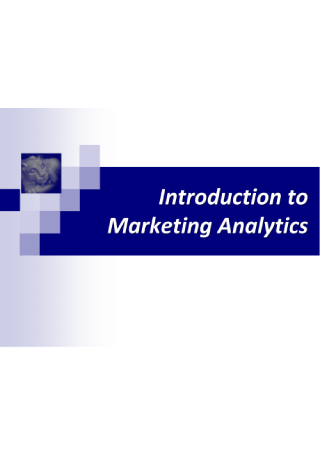
Introduction to Marketing Analytics
Understand what marketing analytics really is through the sample provided.
-

Marketing Management Journal
Read about all the past and current issues of the marketing management journal here.
-
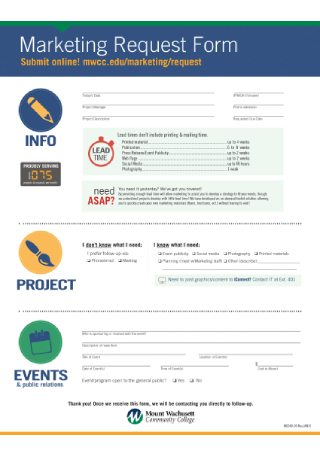
Marketing Request Form
Keep track of marketing projects with the help of a request form.
-
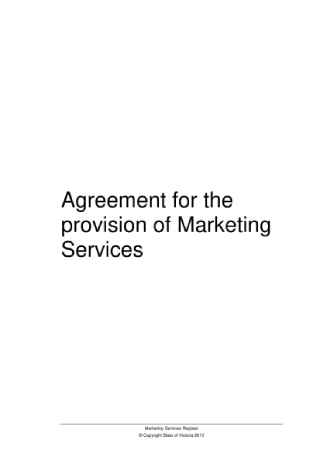
Marketing Services Agreement
Sell your marketing services to customers with a legally binding agreement.
-

Online Marketing Proposal
Grab the attention of prospects by using a marketing proposal to pitch your services.
-
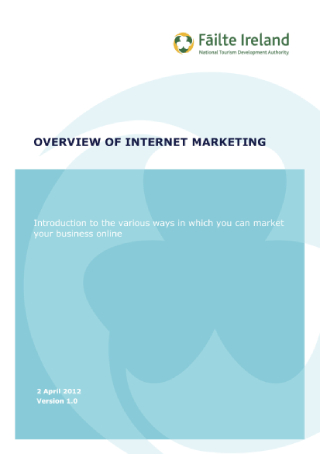
Overview of Internet Marketing
Learn about the basics of internet marketing through the sample provided.
-
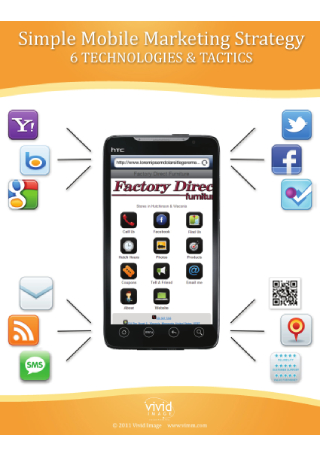
Simple Mobile Marketing Strategy
Determine the best mobile marketing initiatives for your business using this guide.
-

Social Media Marketing
Use these tips to begin developing a social media marketing plan for your business.
-
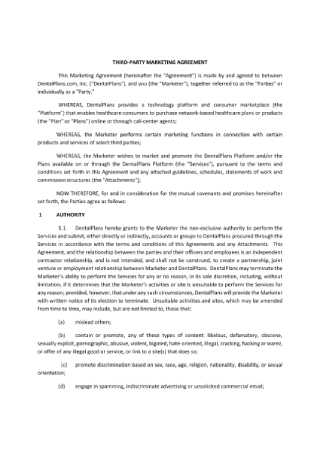
Third-Party Marketing Agreement
Solidify your relationship with clients through a third-party marketing agreement.
FREE Marketing Concepts for SMB s to Download
Marketing Concepts for Small Businesses (With 20+ Samples)
What Is Marketing?
Best Marketing Concepts for Small Businesses
What Is Marketing?
In the simplest terms, we define marketing as the activities involved in the promotion and selling of goods. It’s what you say and how you say it that influences a person’s buying decision. It can come in the form of a brochure, an ad, a press release, or even a Facebook page or a Twitter account. Marketing settles the gap between the self-interests of the business and the needs of the average consumer.
However, marketing goes beyond the basic ideology of who can do things better and faster, as gaining a deep psychological understanding of a customer’s desires is what marketing really is about. When companies are able to identify an existing problem in the market, they can then use their innovative ideas to address it. It is the job of every employee in the workforce to understand consumers, deliver the best service, and establish engaging customer experiences for the business to generate success.
Best Marketing Concepts for Small Businesses
There are many factors that contribute to a successful marketing strategy. Although it’s impossible to determine a fitting strategy for all business types, customizing a basic concept to suit the nature and specialty of your business is sure to lead you to the right direction. Listed below are some of the best marketing concepts to consider for your small business.
